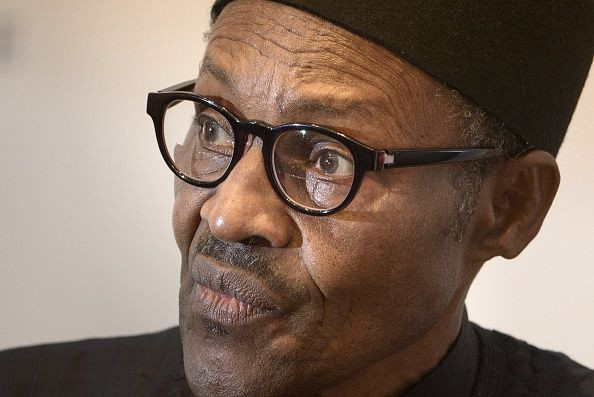Nigeria To Open Weapons Factory To Fight Boko Haram Islamist Group

Nigeria plans to open a domestic weapons factory as the country continues to battle the Islamist extremist group Boko Haram. Nigerian President Muhammadu Buhari made the announcement following a visit to Washington, D.C., in July. At that time, Buhari said the United States had "aided and abetted" Boko Haram by refusing to sell weapons to his state.
Buhari told the Defense Ministry in a statement to create "a modest military industrial complex for the local production of weapons to meet some of the requirements of the country's armed forces." The president also told a graduation ceremony at the National Defense College that the country needed to reduce its dependence on foreign arms suppliers, and that the country's dependence on foreign allies for weapons and logistical help was "unacceptable."
"We must evolve viable mechanisms for near self-sufficiency in military equipment and logistics production complemented only by very advanced foreign technologies," said Buhari, who was elected on a pledge to combat and defeat Boko Haram.
Boko Haram has killed more than 13,000 people since the group became violent in 2009 (other estimates peg the number closer to 10,000). The killings have been the focus of international concern, and the group is not afraid of posting violent videos showing them walking through villages, shooting people in the head who are laying on the ground to ensure they are dead.
The violence from the group has intensified recently, according to Human Rights Watch, which wrote that "the group indiscriminately killed civilians, abducted women and girls, forcefully conscripted young men and boys, and destroyed villages, towns, and schools" in 2014. The abduction of 300 schoolgirls in April 2014 focused international attention on the group.
The United States currently has a ban on selling and shipping weapons to Nigeria because of the country's own human rights abuses. A group of U.S. Congress members said last month during a visit to Nigeria that the ban could be lifted if the rights abuses were mitigated. Nigerian authorities, according to Human Rights Watch, made very little effort to investigate other abuses across the country, including violence fueled by localized competition for land and power. Security forces in the country, too, are said to be involved in torture and other human rights abuses.
© Copyright IBTimes 2024. All rights reserved.






















